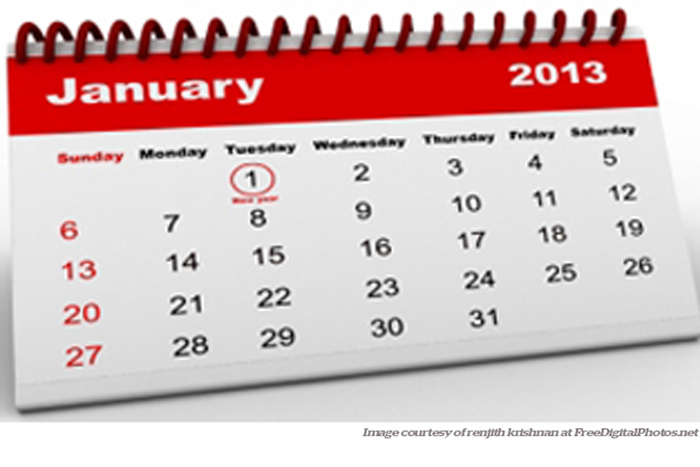New Year Resolutions – Are we there yet? So it is the 13th day of the year (or perhaps the 14th if you pick this up on Monday) and about 50% of us will have made formal New Year Resolutions. Depending on which study you read, 60-90% will fail within six months, with the first problems occurring typically after two weeks… So why is the failure rate so high and why do we keep making promises? Can anything be done about it? What are the leadership lessons? Mind your language Most resolutions are expressed in terms of becoming a better person (e.g. a healthier me) as opposed to objectives or behaviours. This imprecise language has several consequences: it accesses our ‘fairy tale me’ – the one that will never really exist outside our imagination; it doesn’t translate into specific objectives and associated behaviours; and it gives us a ‘get out of jail’ card. This is not very different from companies that want to be ‘the leading competitor’ in this or that widget. To quote our colleague Michael Harper: Hope is Not a Method. SMART objectives work for the rest of us too. Failure as a marker for success A one-off failure to keep a resolution or associated behaviour is called backsliding. It is as old as the world itself (or at least the Bible) and is erroneously seen a weakness of willpower. What psychology teaches us is that it is the interpretation of the backsliding event is crucial: “I am still learning a new language twice a week, I just happened to skip one lesson” is a very different interpretation from “I can’t stick to anything, why bother?” When our strategies fail, the biggest danger is all-or-nothing thinking. Just get back in the saddle – backsliding is a universal experience and a test of our commitment to a course of action. Most behaviours are driven by existing habits To some degree, resolutions and desires can create good new habits, and this is what we try to install with each New Year resolution or Strategic Change Programme. What most of us don’t realise is that we spend an awful lot of time each day in habitual, unconscious behaviour. From the way we eat breakfast to the way we run meetings, we experience deeply ingrained behaviours that are hard to change because we are not even aware of their existence. The more a behaviour is habitual (e.g. under-estimating a time needed for a project), the harder it is to deliver against it: “I always start with good intentions but, no matter how hard I try, I always end-up over budget”. This explains why change management is so hard: you have to bring both individual and corporate habits to the surface, change them and then ‘drop them back’ at the habitual and unconscious level. Change your context, and stick with it… So what can we do? Ideally, we need to rigorously analyse habits in order to find the unconscious triggers that drive certain behaviours, and then somehow short-circuit undesirable processes. We do this with our clients all the time, but it may not be that easy for a simple New Year resolution. So here are two tips: 1) Change your context. We know that triggers are highly contextualised. For example smokers often report that it’s the drinking in their usual pub that will trigger the urge to smoke. If stopping drinking temporarily is too hard to contemplate, then changing bars for a few weeks will make a big difference. If you want to experience a different level of creativity, change the time at which you run your sessions, or the room, or the people. Even if you don’t have the skills or time to carefully analyse your habits, you can try and disrupt them until you see some results. 2) Stick with it. Forget about the 30 day this or 21 day that. Habits take time, because they need to become unconscious. Remember how long it took to drive on ‘autopilot’ after your first lesson? We consider that nine weeks is a minimum for reasonably complex habits. So be patient and don’t forget to reward yourself (or your team) along the way. A quarter of resolution makers quit by February – or within two months of launching a change initiative. Let us know how you get on and how you overcome backsliding.





